
Tom Fenton started this four-part series because he was interested in the Oracle Cloud's new ability to offer Arm-based compute instances, but limited "Always Free" capacity leads to disappointment in the final installment.

Tom Fenton decides to set up and test the network between a VM and the outside world after previously detailing the Oracle Cloud's "Always Free" offering and using VMs as a web server.

Tom Fenton details the web server work he did in his experiment to use an "Always Free" Ubuntu 18.04 VM on Oracle Cloud to host a small web site.
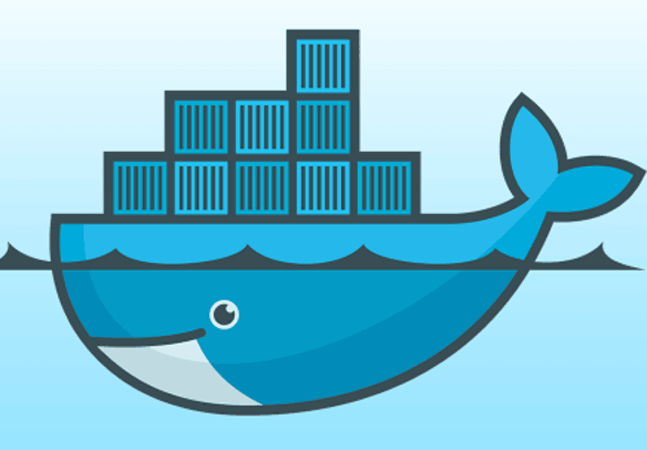
Primarily geared toward hosting web applications, Lightsail now can used as a container hosting platform.
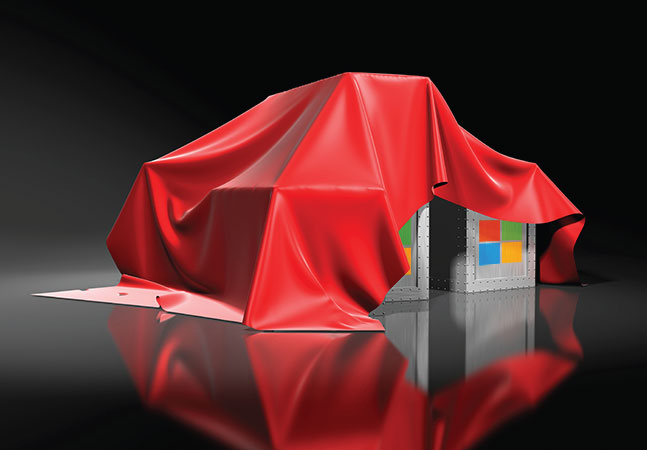
The big theme of Windows Server 2022 is security -- primarily bringing the concept of Secure Core from Windows client to the server world with Secure Core Servers.
- By Paul Schnackenburg
- 04/06/2021

Subnets are used for many AWS tasks (like creating an EC2 VM), so Brien Posey sheds some light on common errors to end some of the frustration around subnetting.

Finishing up his 4-part series on setting up a QNAP TP-431K network appliance to replace a failed ESXi server, Tom Fenton adds a caching drive to the device, uses the command line on it and sets it up as an NFS file share on it for vSphere before sharing his final thoughts on it.

Tom Fenton works with some of the QNAP applications for streaming and sharing data, and then adds another disk to this device for storage.
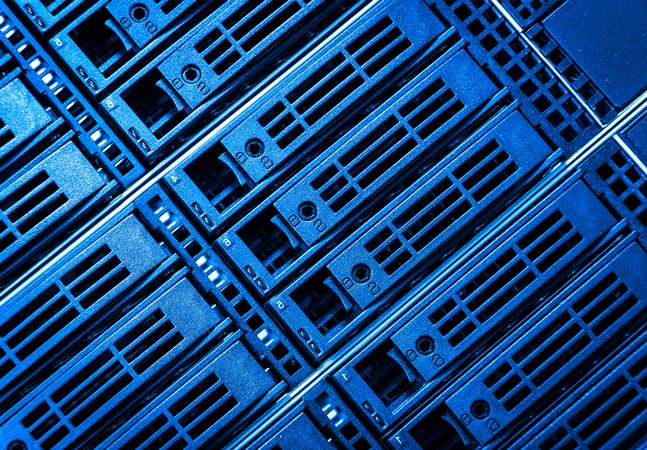
Tom Fenton, as part of a project to recover from an ESXi server failure, details how, after earlier introducing his QNAP TS-431K replacement, he set up the device and put an iSCSI target on it.

After an ESXi server failure trashed a dozen of Tom Fenton's VMs, he looked for a replacement that would let him replace Dropbox and act as a streaming server for his home entertainment media. In this series of articles, he details what he came up with.

After detailing the need for dedicated hosts, how to handle quotas and creating instances, Brien Posey walks you through the instance connection process.

After covering the need for dedicated hosts and how to handle quotas, Brien Posey walks you through the instance creation process.
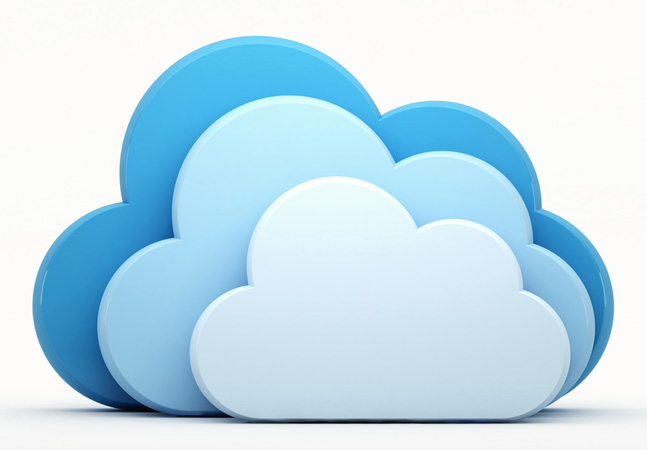
Brien Posey explains the need for a dedicated host, quotas and more in this first installment.
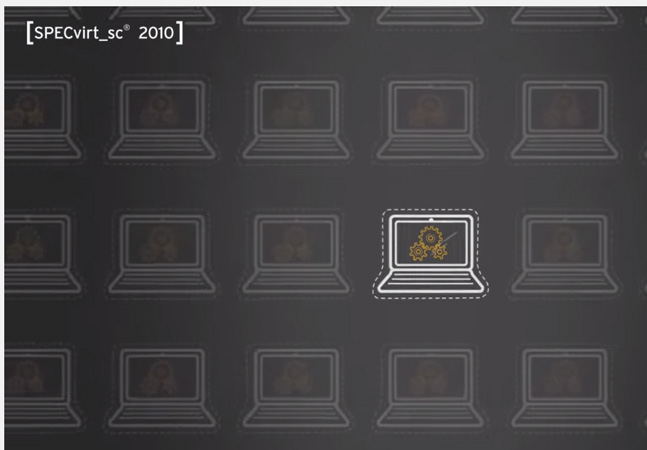
In part 3 of a series, Tom Fenton shows how to add VMware Tools to a Linux Virtual Machine (VM) running on the Pi, use vCenter Server to manage the device, and then create a Fedora VM and add a USB Gigabit ethernet adapter.

Tom Fenton walks you through step-by-step to set up an iSCSI target on Ubuntu and how to connect ESXi to iSCSI.